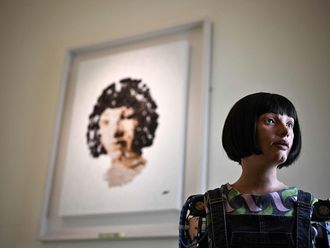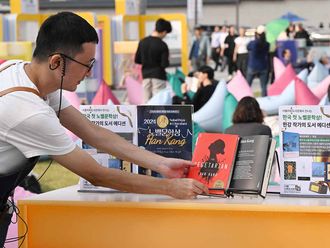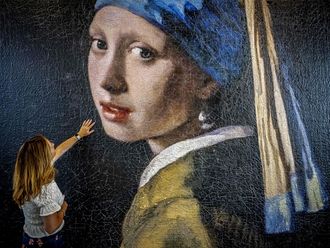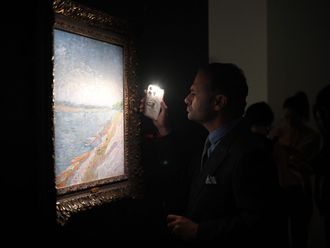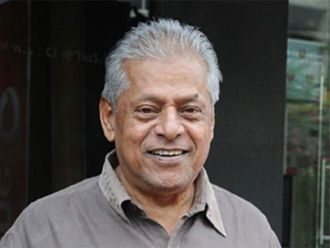Dubai: The Majlis is one of the cornerstones of Emirati civilisation. For decades, friends, neighbours and families would gather in a Majlis during sunset.
Meaning 'place of sitting' in Arabic, the term is used to describe a formal legislative assembly and also a place for social gathering. Traditionally it was one of the major facets of social life in the Gulf countries.
In a tradition that spans centuries, most homes in the Gulf have a Majlis, where the head of the family hosts guests. It's a place for guests to chat about the daily issues of life, religious topics and reminisce about the past over Arabic tea and coffee.
Despite economic development and globalisation, the design of the Majlis has remained much the same with a few modern twists that reflect the fusion between the Arab and Western worlds.
In the middle of a Majlis, the head of family would sit, inviting guests to join him and they would form a large circle.
In the UAE, the Majlis was originally a tent set aside for social gatherings. This then became a room with a floor covered with palm fronds. The mats were eventually replaced by handmade carpets made from camel, sheep or goat wool that Bedouin ladies made. At a later stage, traditional Arab 'Tekay' (Arabic cushions) were introduced with a long rectangular day mattress that covers the corners of Majlis that Emiratis called 'Doshak', as guests could sit comfortably for hours.
Although Majlis is an essential feature of every household, the doshak is sometimes placed in the middle of the Majlis for the sole use of VIPs and the head of the family.
Majlis or Diwania is limited to men only as women are strictly prohibited to enter, due to religious and social rules. In the Majlis you may find a special stove called "Kawar" which is used to make coffee.
Typical snacks on offer in a Majlis include dates, 'Balaleet' and 'Luqmat Al Qathi' or 'luqaimat' (traditional Emirati sweets) and fresh fruits. Sweets are usually served on a silver tray.
Coffee is served by a waiter who moves across the room, pouring coffee so that the cup is not filled completely.
If the person being served shakes the empty cup from side to side between his thumb and index fingers, this means that he has had enough, whereas if he does not make this signal the waiter automatically refills his cup.
Another common feature of the Majlis is an incense burner including incense such as Oud, Safran and Santalum. The burner is carried around the room so that guests can enjoy the aroma.


